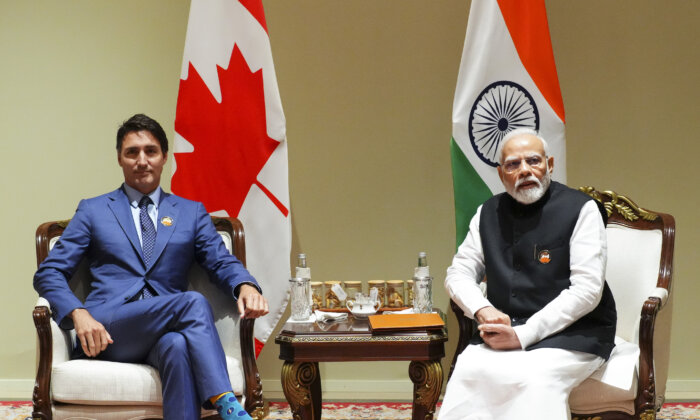India would not be foolish to believe it could evade detection by an advanced country when pursuing extremists. The current diplomatic dispute between Ottawa and New Delhi revolves around allegations of an Indian hit team operating in Canada. The clash of cultures and personalities between the two countries’ leaders exacerbates the situation. While Canadian Prime Minister Justin Trudeau is known for his virtue signaling and progressivism, Indian Prime Minister Narendra Modi is seen as a muscular Hindu nationalist. The recent allegations and denials regarding the murder of Hardeep Singh Nijjar in British Columbia have strained relations further. Trudeau’s approach to bilateral relations with India contrasts sharply with the maturity shown by the Biden administration. The ongoing investigation into these allegations will be closely watched by both Canadian and Indian observers. The primary tools of its trade are bribery and blackmail, rather than firearms.
In general, democracies do not engage in such activities on each other’s soil. Israel has occasionally used counterfeit Western passports for some of its operations in non-Western nations.
Currently, India likely has only basic capabilities to conduct such missions.
Despite ongoing frustrations with Khalistan extremists finding refuge in Canada, it is unlikely that India would take the risk of being exposed by a sophisticated country like Canada, which is part of the Five Eyes intelligence-sharing alliance.
The consequences of being caught and the resulting damage to relations with all five countries, in addition to the breakdown of diplomatic, trade, and tourism ties with Canada, would outweigh the benefits of a state-sanctioned operation against Mr. Nijjar.
Such an action would also undermine India’s efforts to combat Pakistan as a state sponsor of terrorism.
As demonstrated by the unrelated conflict in Gaza, domestic politics aimed at diaspora communities can influence foreign policy decisions, potentially prioritizing electoral success over strategic foreign policy objectives.
A crucial lesson for Western nations is the importance of establishing barriers between domestic political strategies and foreign policy decisions.
The author is both an Australian and Canadian citizen.
The opinions expressed in this article are those of the author and do not necessarily reflect the views of The Epoch Times. Can you please rewrite this sentence for me?
Source link





